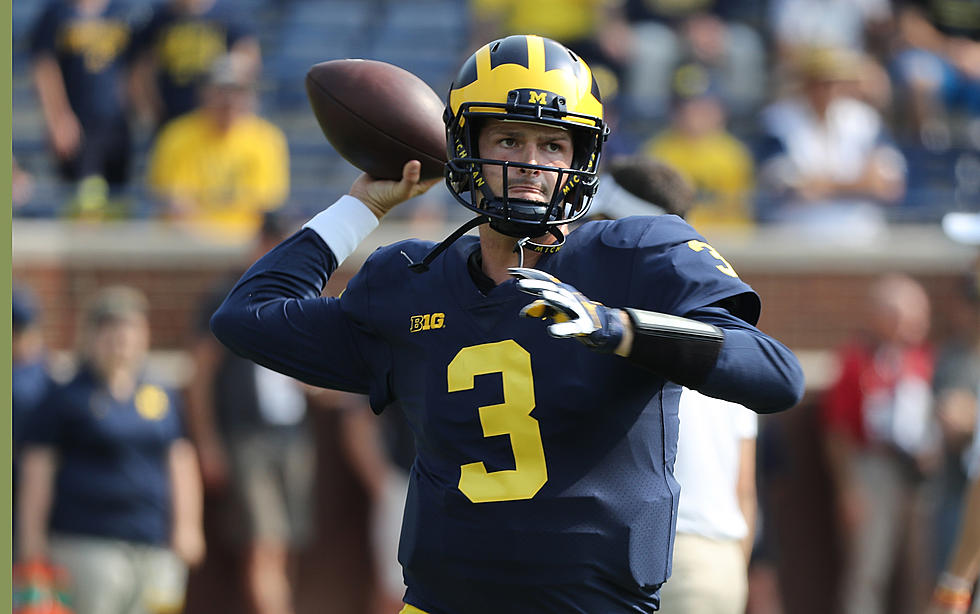
Hello from 49043 – West Michigan’s Poorest ZIP Code
A new survey of Michigan's wealthiest and poorest ZIP Codes places 49043, Covert, as the poorest location in West Michigan.
The data is based on 2015 tax returns and was reported recently by MLive. While Covert, with an average income of $31908, was the least prosperous location in West Michigan, it ranks as only the 37th poorest ZIP Code in Michigan. Flint, Hamtramck and Detroit take the top three positions.
Mlive reports,
The average income was $31,908 on 2015 individual tax returns in ZIP code 49043, a 0.9% increase from 2014. There were 900 tax returns for 2015 from that ZIP code, up 3.4% from the previous year.
Neighboring South Haven has Van Buren County's second highest income at $56,308 while the toniest community in the county is Mattawan's $81,019.
Not too far away, Pullman, in Allegan County is also in the bottom 50 of Michigan ZIP Codes as 46th poorest and an average income of $32,847.
In Kalamazoo County, the poorest ZIP Code is Kalamazoo's 49001 with an average income of $36,390. On the high end, Richland checks in with a wallet-busting $114,368.
Covert's Historic Inclusion
National Public Radio paid a visit to Covert in 2006 to learn about Southwest Michigan's 'hidden' settlement. This is some of what they found:
On the Midwestern frontier in the 1860s, the settlers of Covert, Mich., lived as peers, friends and sometimes even kin. What makes the story unusual is that they were both black and white.
The graveyard is eloquent testimony to their remarkable lives. There are hardscrabble pioneers and a lumberman whose tombstone has been cast from a tree trunk. The cemetery is one of very few in the country where black and white Civil War veterans lie together.
It's the sense of shared fate that attracted historian Anna-Lisa Cox to Covert. For more than a decade, she traced the tales of the town's pioneers. Earlier this year, she published a book on the subject.
The Roods — Mayflower descendants — came to Covert in the 1860s. So did the Pompeys, who were farmers and black soldiers.
"And they're actually about as close in the graveyard as they were in life," Cox says.
Covert was not one of the abolitionist colonies established in the Midwest at the time, following an anti-slavery philosophy. Nor was it a free African-American settlement protected by the Quakers. It wasn't a utopian social experiment. It was, quite simply, tough frontier, and somehow it was a place where individuals laid the foundation for a culture of trust in one another.
And it endured.
So no matter what the statistics say, Covert holds an important place in the history of Michigan and the nation.
BONUS VIDEO - Michigan Urban Explorations
More From WKMI









